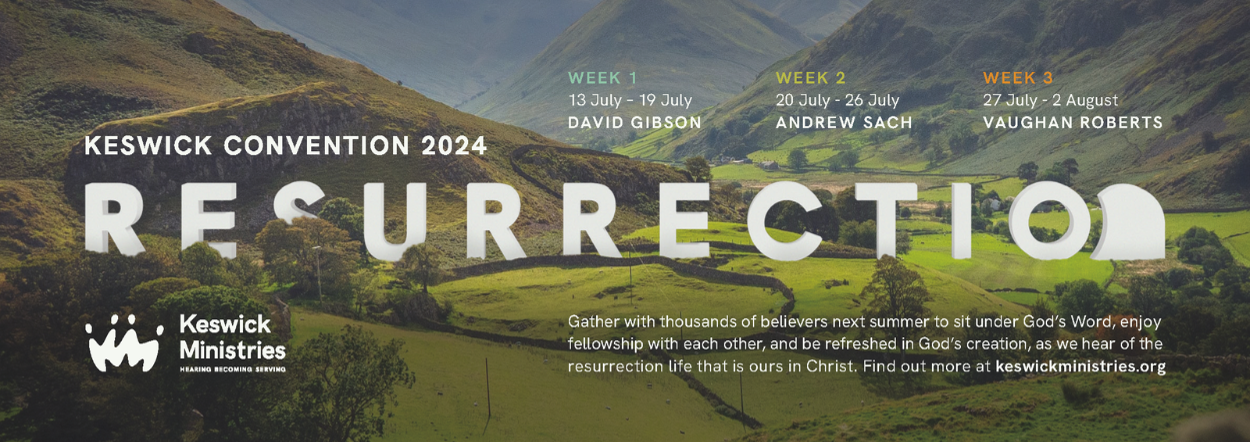
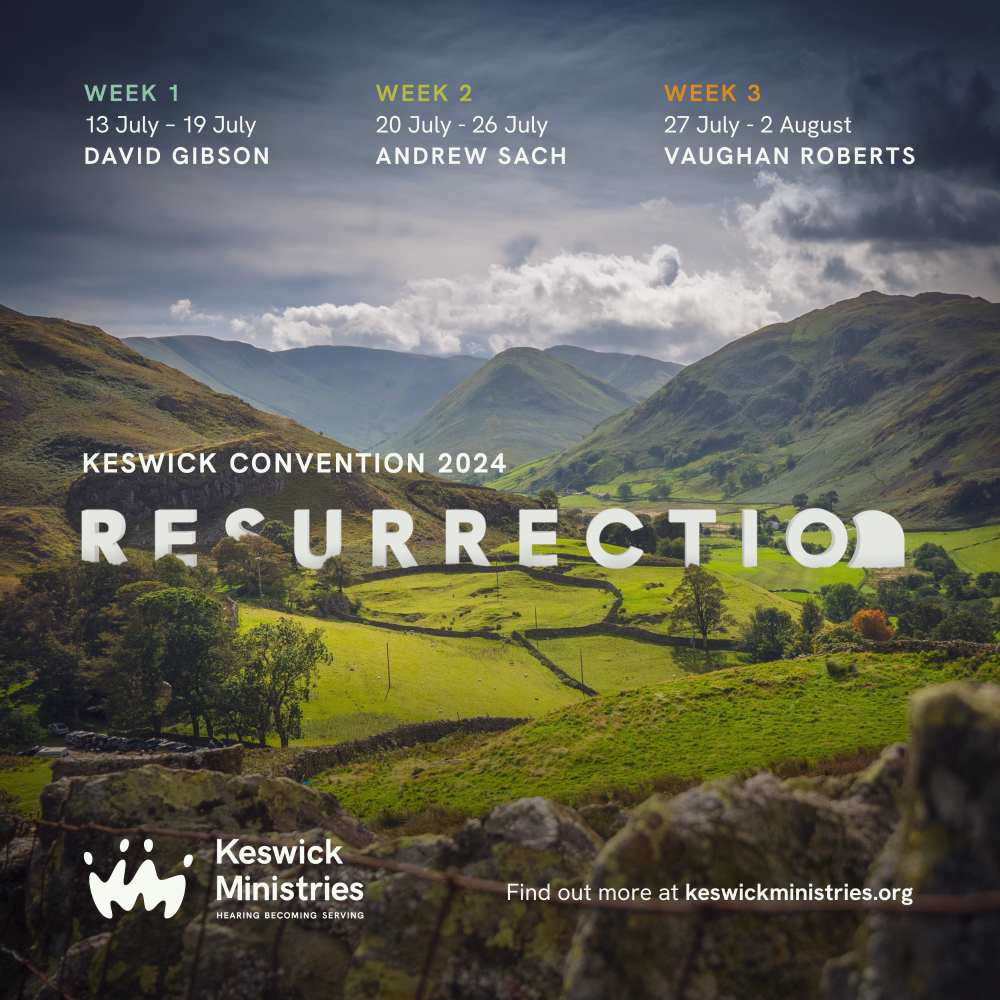
Join us at Keswick Convention 2024 as we look at the theme of Resurrection.
Join us at Keswick Convention 2024 as we explore together the theme of Resurrection.
- What does God’s Word say to us about why the resurrection matters? (the answer is much bigger than you might imagine)
- What does it mean to be like God’s risen Son, both now and in eternity?
- How do we serve God as a new creation, honouring him and pointing others towards the hope we have in the resurrection?
Our prayer is that through the Convention, the Lord will help us to live in the light of Jesus’ resurrection. Join with thousands of believers in worship to our God in the beautiful setting of the Lake District.
There will be a packed programme to encourage you in your walk with God and space in the afternoons to appreciate God’s creation and all that Keswick and the surrounding areas have to offer.
Keswick Convention takes place annually, bringing together thousands of like-minded Christians who want to hear God’s Word, become like God’s Son and serve God’s Mission.
We are thankful that through the generosity of our supporters we are able to make the Convention available to all, without the need to charge for any events.
There is no registration or booking needed to attend the adult programme. Registration is required for those attending the Kids and Youth programme. More information will be available in Spring 2024.
What Can You Expect From the Week?
This summer’s programme will be released closer to the time of the event.
For an idea of what the Convention programme looks like during the week, you can browse the programme from last year using the button below. Each week follows the same schedule. Please note that for 2024, Morning Bible Readings will begin at 11:30 am and that afternoon events differ in start times each week.


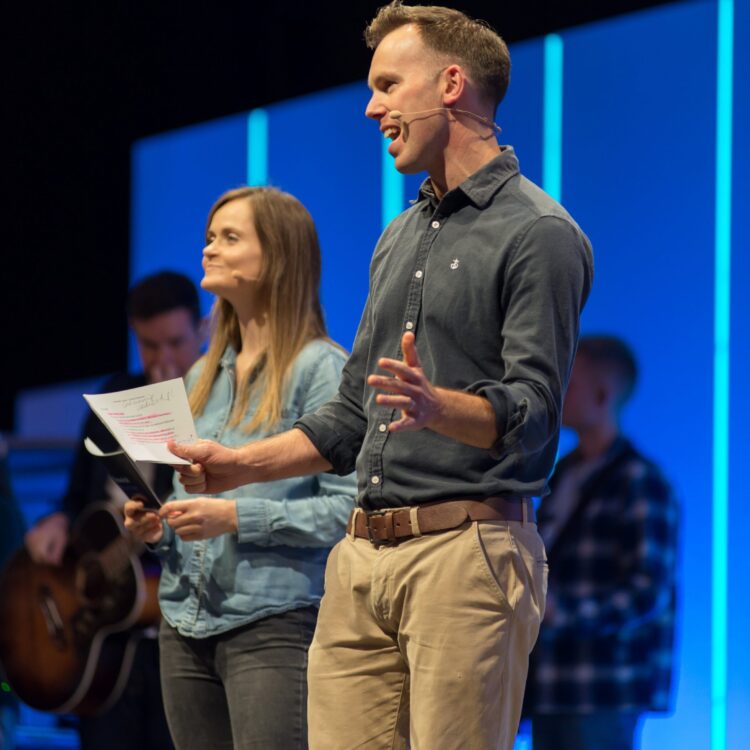

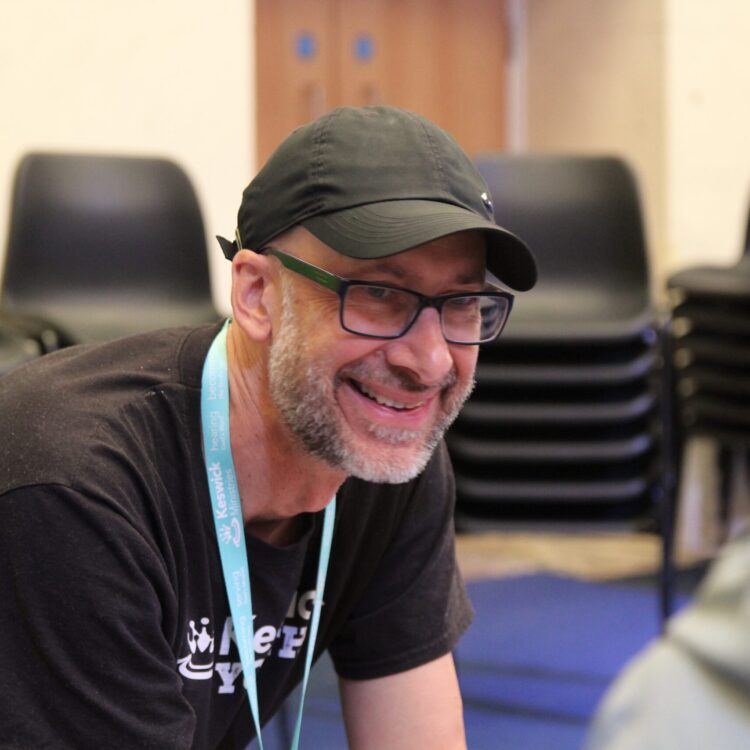
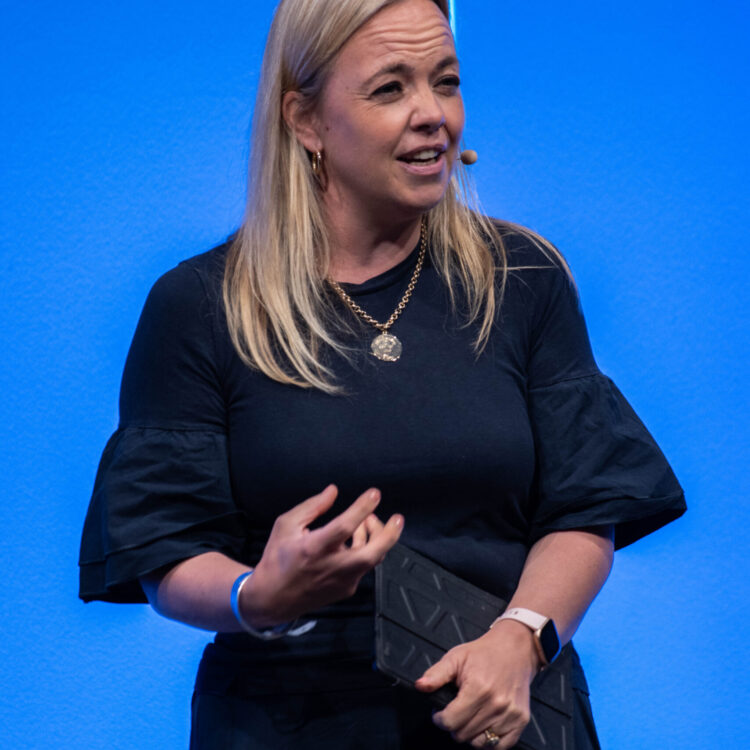

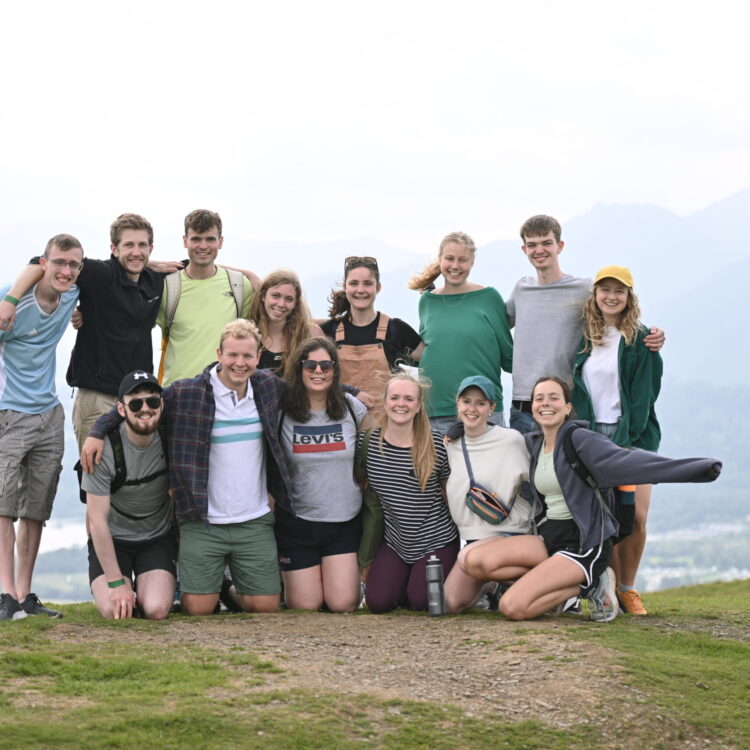
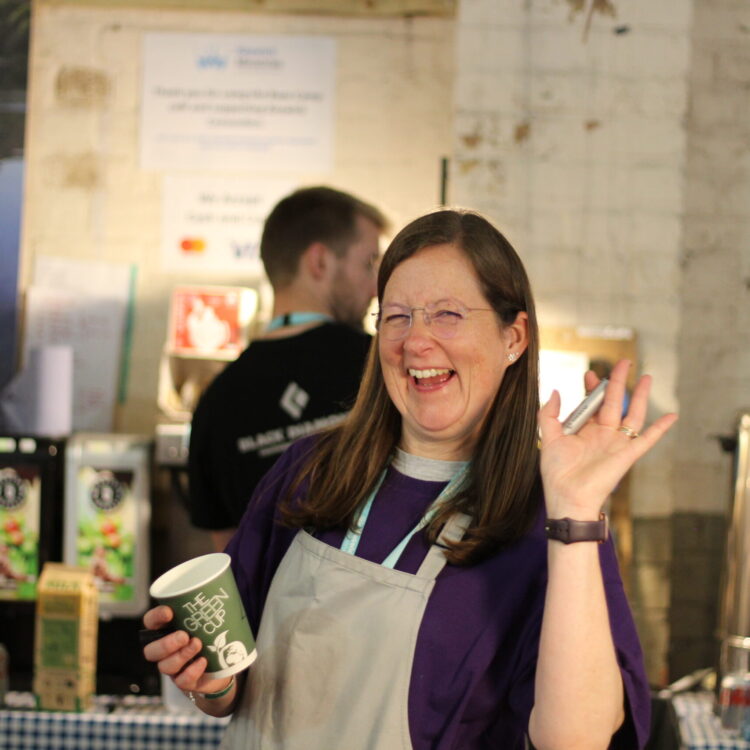
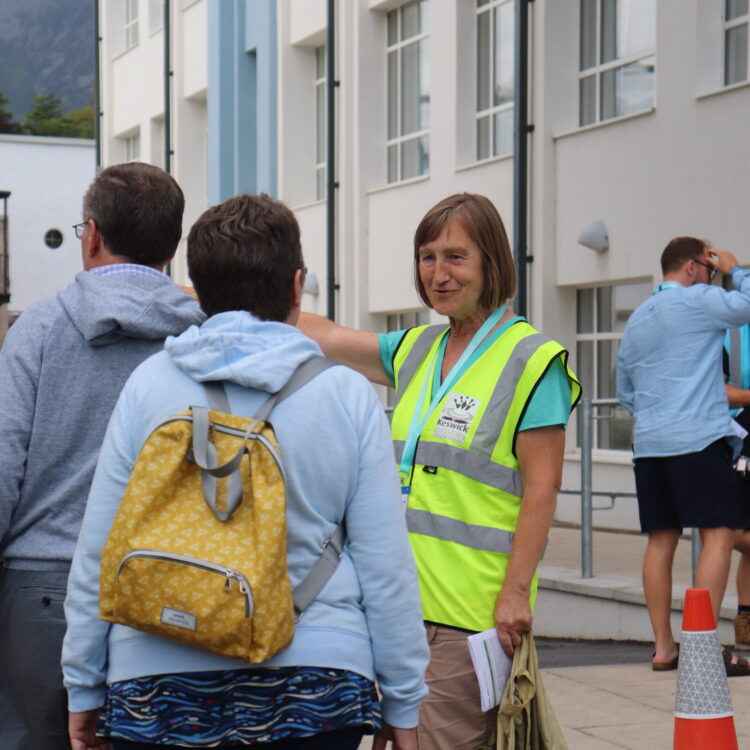
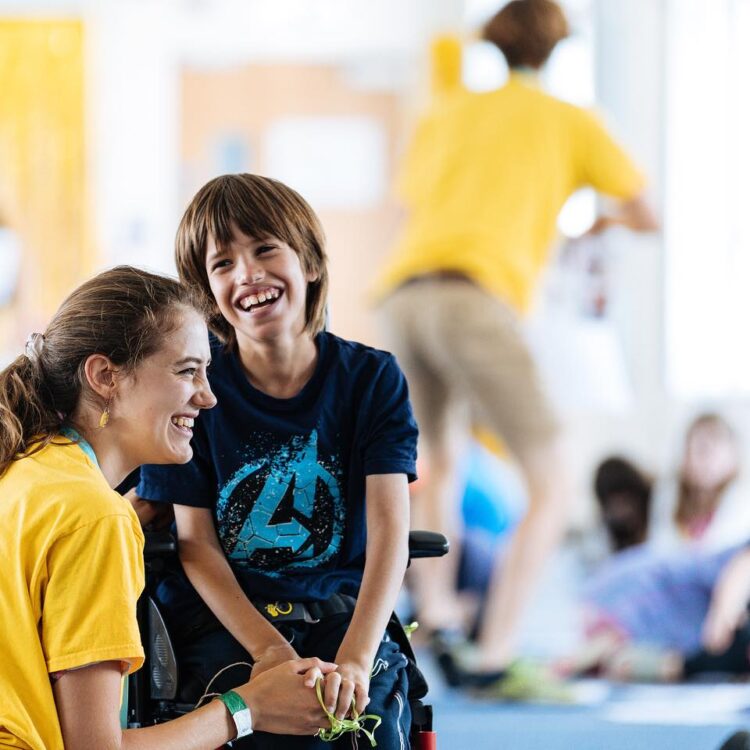

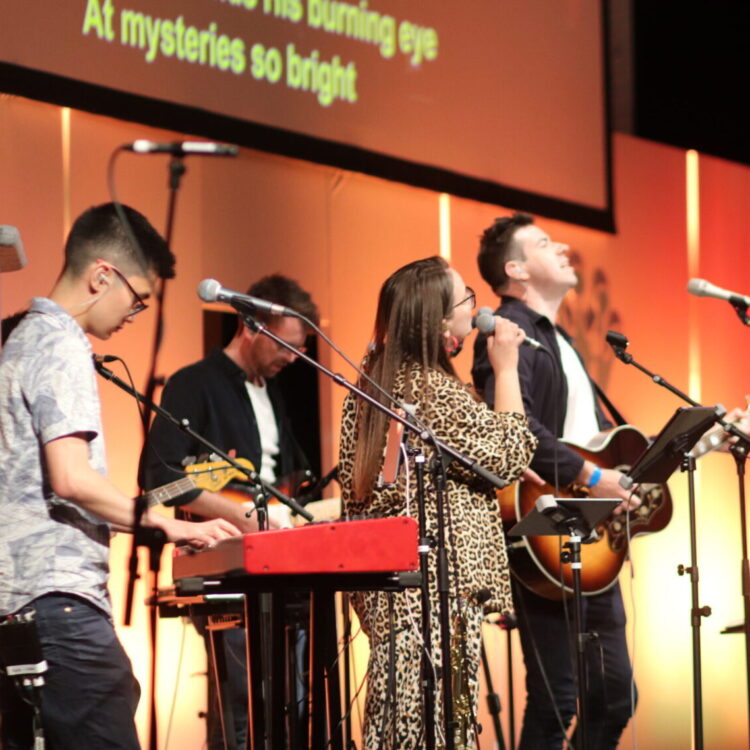



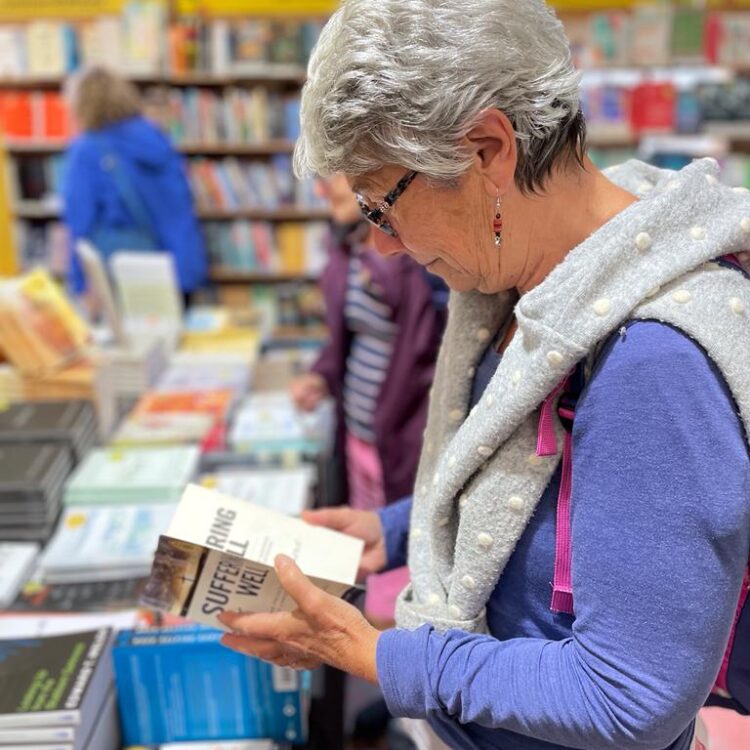
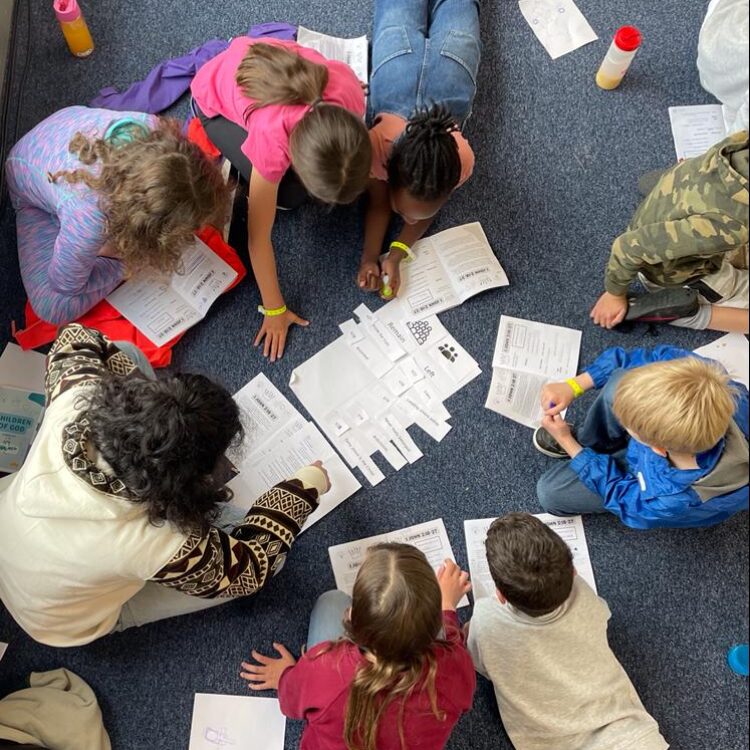
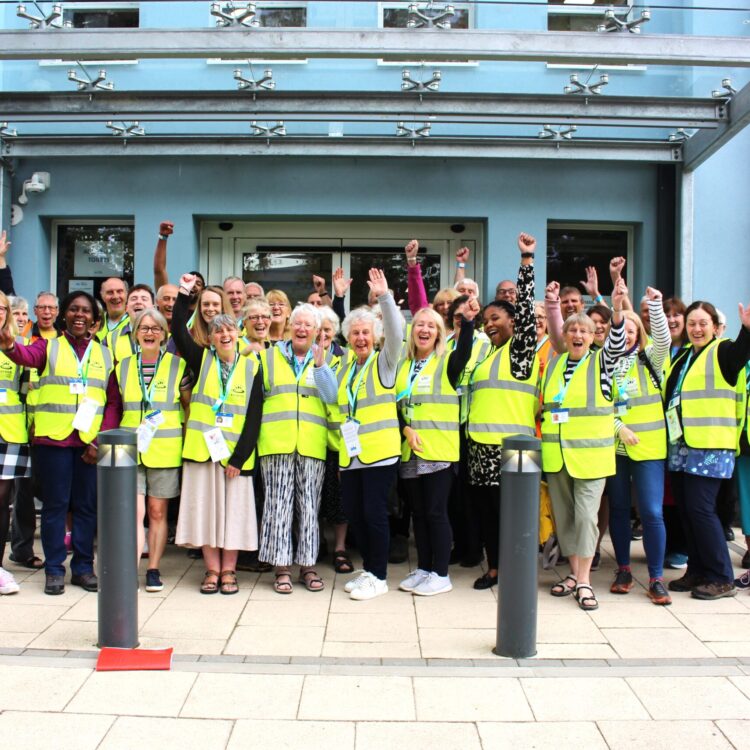
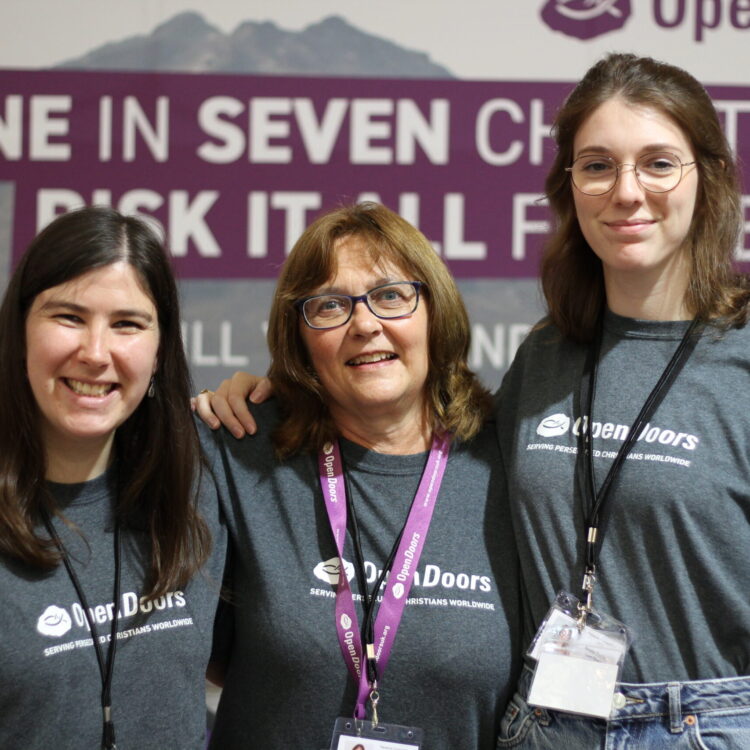
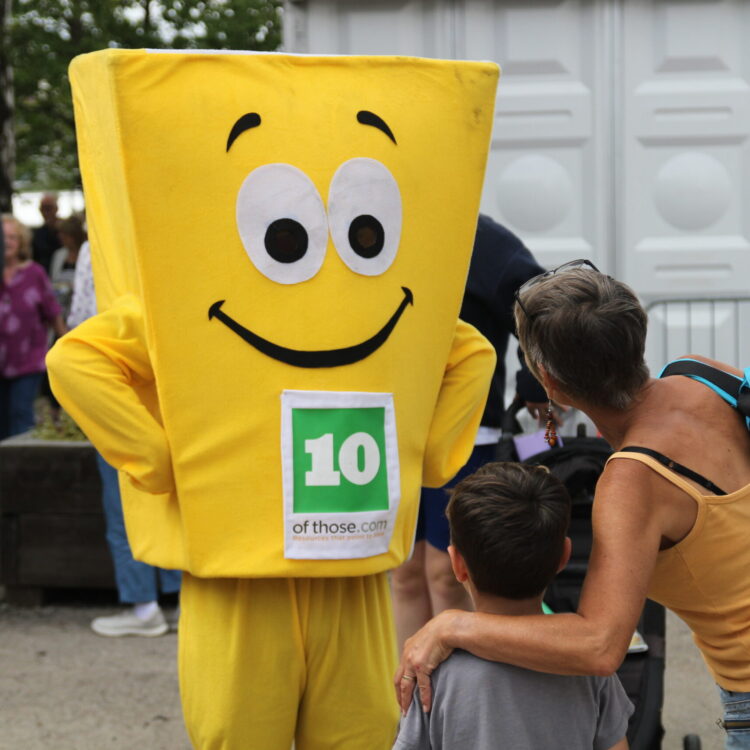

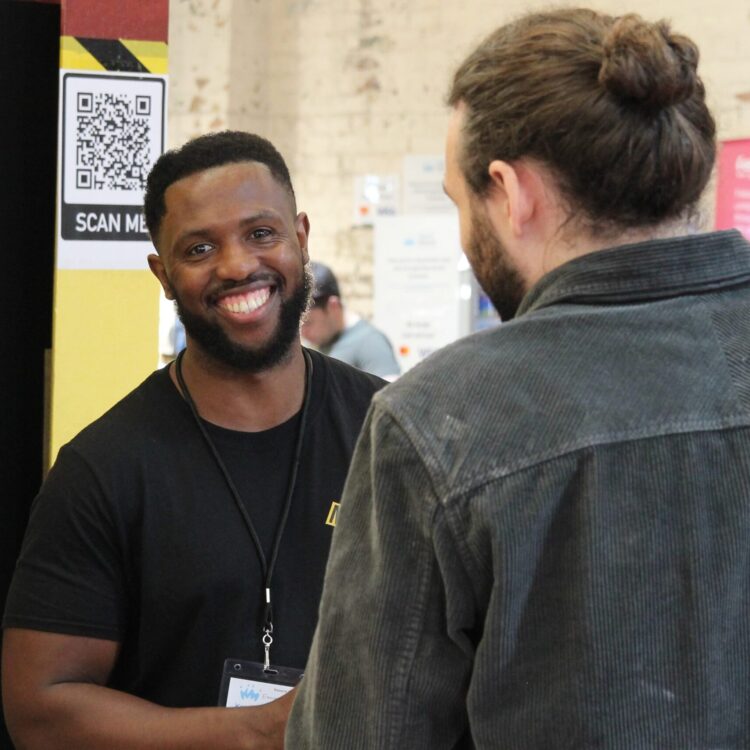

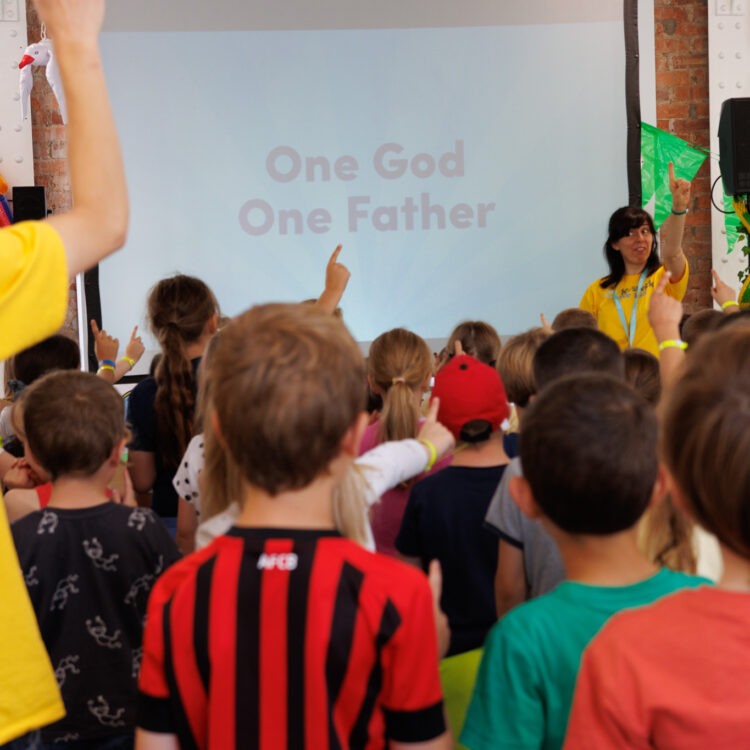
Week 1 | Saturday 13th – Friday 19th July
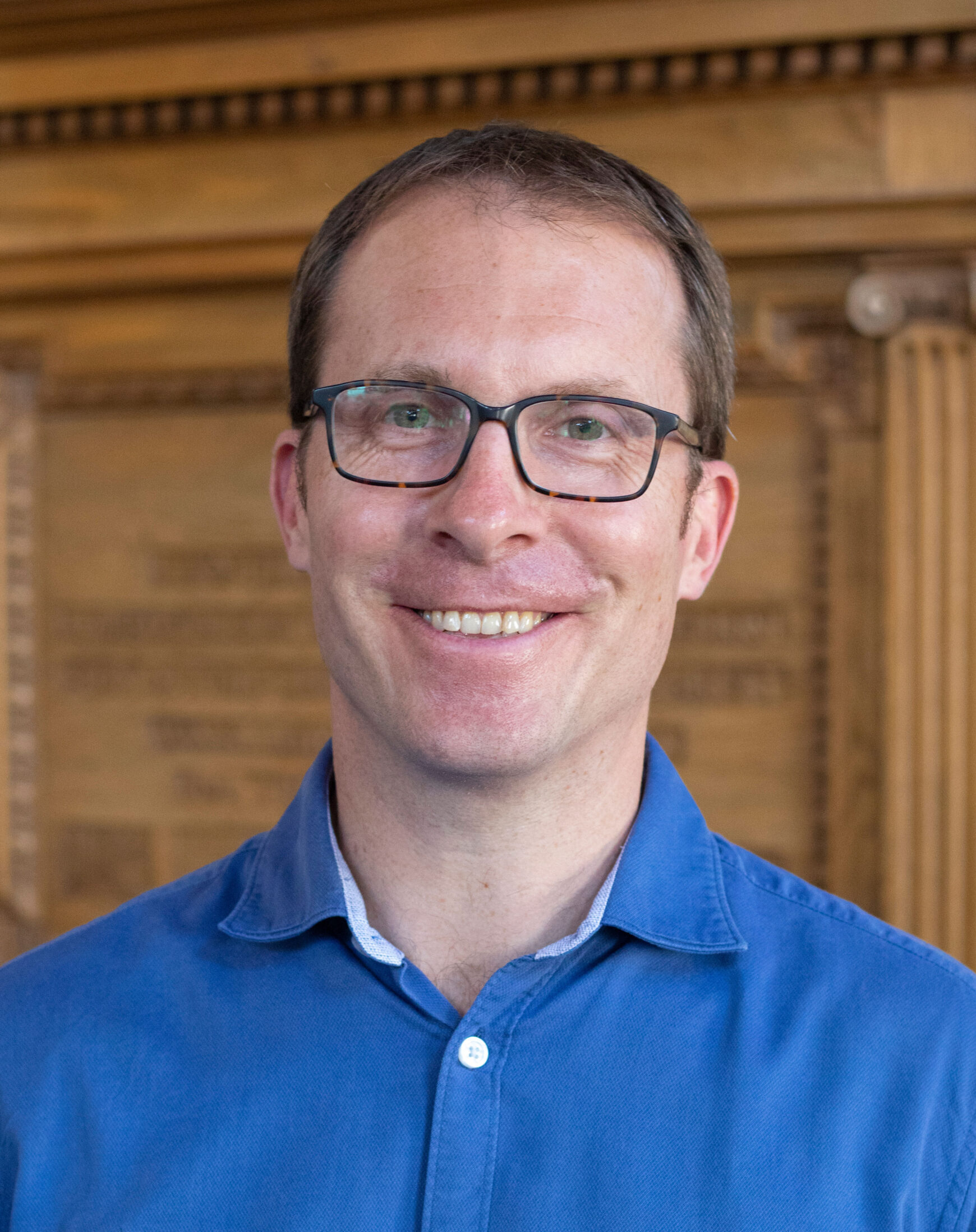
David Gibson
David Gibson is the Minister of Trinity Church, in Aberdeen, Scotland. Born in Tennessee, David grew up in Tanzania, East Africa, and then also in Belfast, N. Ireland. He is
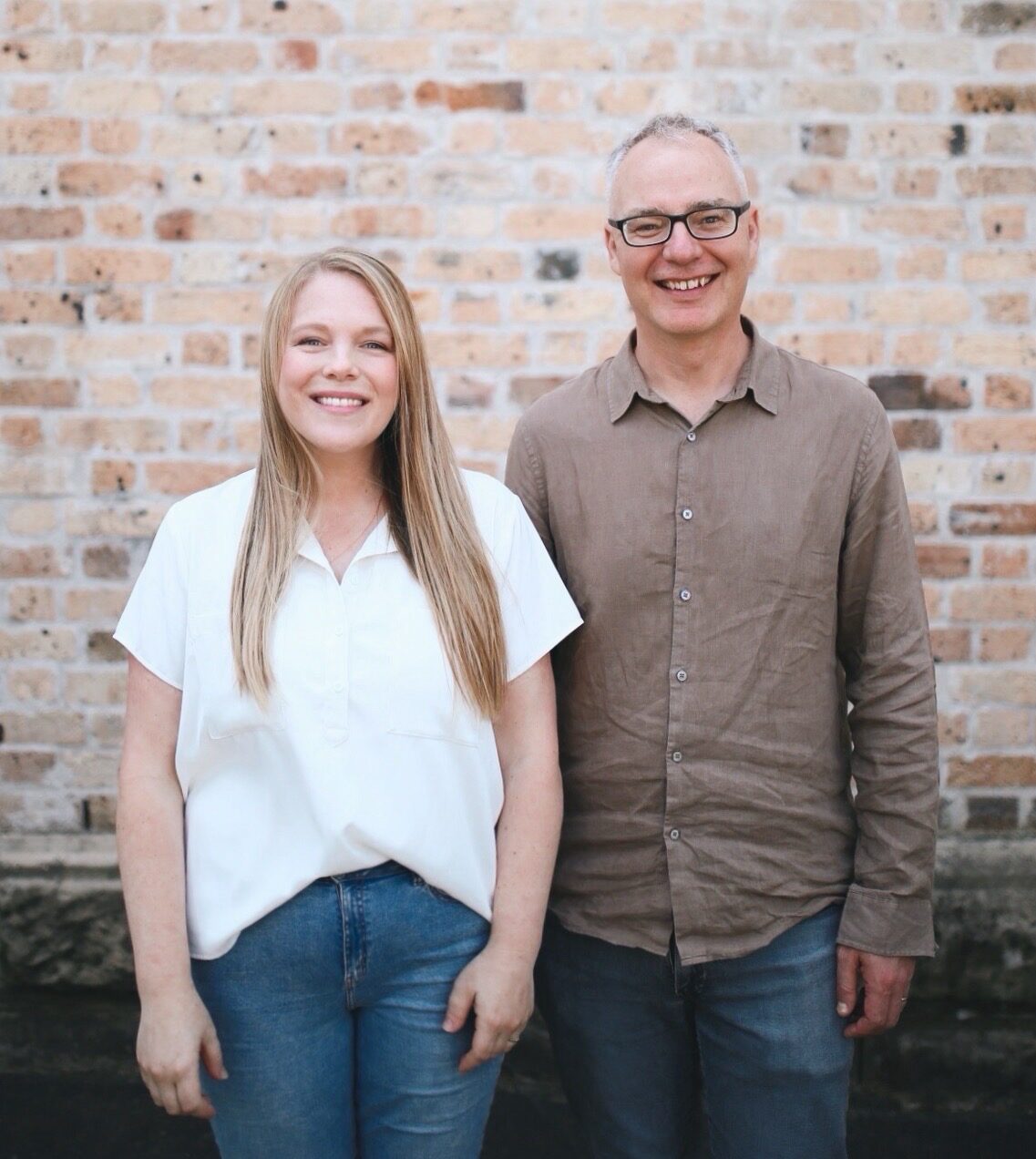
Emu Music
Emu music exists to equip and encourage the church with biblical, beautiful and transformative singing. We do this by writing fresh new songs of the Word, and training churches in
Week 2 | Saturday 20th – Friday 26th July

Andrew Sach
Andrew serves part-time at Grace Church Greenwich, and part-time as a tutor on the Cornhill Training Course. He is co-author of the Dig Deeper books, and is currently making a

Phil Moore
Phil Moore: Phil is from Belfast, Northern Ireland and has been involved in making music in church for most of his life. He landed in Nottingham in 2007 to study
Week 3 | Saturday 27th July – Friday 2nd August

Vaughan Roberts
Vaughan came to faith as he read through Matthew’s Gospel for himself as a teenager. After studying law at Cambridge University and a brief spell doing student ministry in South
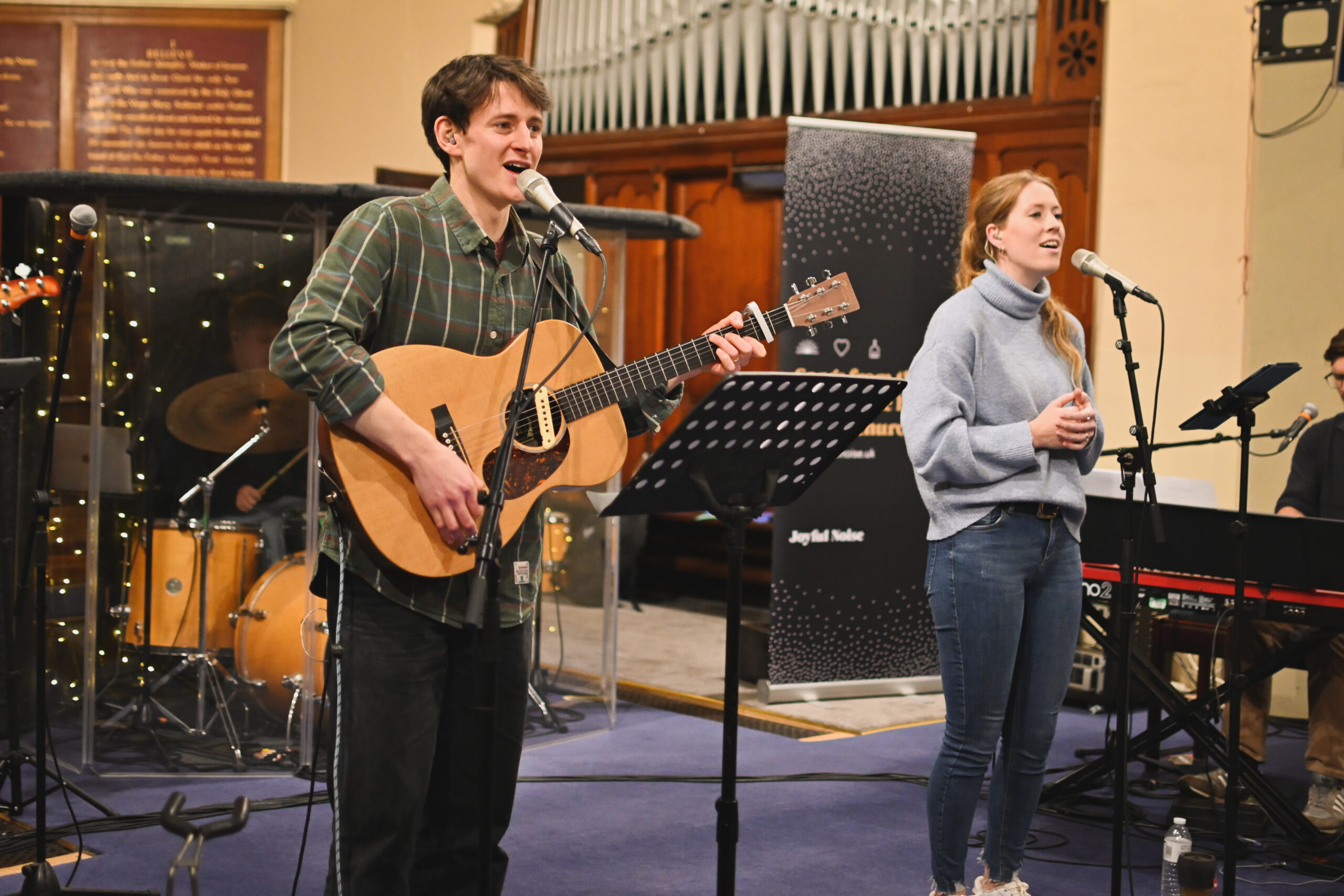
Joyful Noise
Joyful Noise is a collective that exists to write songs from the Word, to the heart, and for the church. We are made up of writers, musicians and pastors who
Invite Others to Join us at Convention
Have you been encouraged and refreshed by your time at Keswick Convention?
We want to welcome your church family and friends to Keswick in 2024. But we need your help to share the opportunity to attend with them!
Download the Resurrection 2024 postcard using the button. This postcard can be used in e-mail or as a slide for a screen.
If you would like a set of postcards sent to you by post, simply email us letting us know how many postcards you would like, your name and address.
Your Questions Answered
Keswick Convention Podcast
The Keswick Convention Podcast is a mix of testimony, theology and reflection. Presented by James Cary, Rachel Redeemed and Matt Holden, the show welcomes guests and speakers from the upcoming Convention to unpack big topics surrounding this year’s theme.
Resurrection - Ros Clarke
Made and remade in the image of God
Being human is complicated! Our bodies, intellects and emotions are all God-given gifts, but we so often find them in varying states of disorder. How then, can we become the full bearers of God’s image that we were made to be?
Ros Clarke covers various topics surrounding the 2023 Convention theme of Human. The book will be available to buy from the 10ofthose bookstall at Keswick Convention.
Want to hear more at Convention?
Ros Clarke will be hosting a four-part seminar series during Week 3 of Convention on Being Human.
Find out more: 2023 Convention | Week 3 – Keswick Ministries

